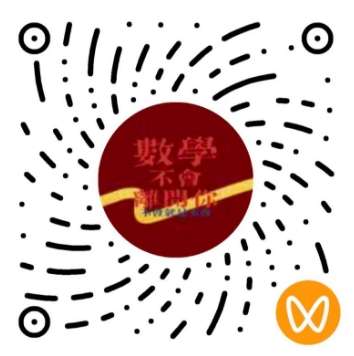Let T be a bounded linear operator on a complex separable infinite dimensional Hilbert space H. T is called intransitive if it leaves invariant spaces other than 0 or the whole space H; otherwise it is transitive. In 1970, P. R. Halmos raised ten open problems on operator theory. The third problem of Halmos is the following: if an intransitive operator has an inverse, is its inverse also intransitive? In this talk, we introduce some progresses of this problem with the help of Cowen-Douglas operators and spectral analysis. As the first application, we show that for an invertible hyponormal operator T, if T−1 is intransitive and intσ((T−1)^) is not connected, then T is also intransitive. As the second application, we show that if T−1 has a proper strictly cyclic invariant subspace and there exists a bounded open set Ω which is a connected component of ρ(T−1) such that Ω∩U_0=∅, where U_0 is the connected component of int(σ(T−1)^) containing zero point, then T is intransitive.




 地址:上海市杨浦区邯郸路220号
地址:上海市杨浦区邯郸路220号 邮编:200433
邮编:200433 电话:021-65642222
电话:021-65642222
